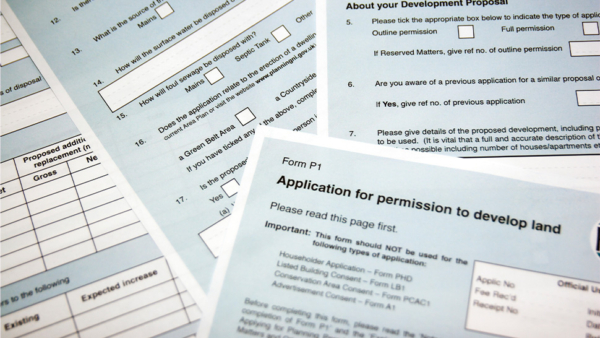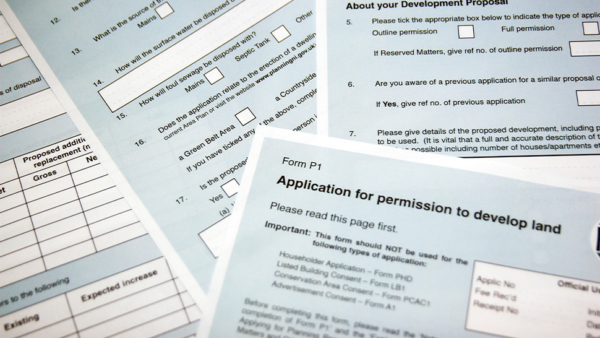
Why choose me
I enjoy the challenge of being a planning specialist – the political nature of planning means that it is dynamic and constantly changing – I have to ensure that I keep up to date and am aware of changes to the law and policy. Planning is also one of the few areas of law with a mix of contentious and non-contentious work.
I always aim to give clear, practical, and commercial advice and ensure that work is undertaken to the highest possible standard. The key is to fully understand the client’s aim and objectives and, in particular, to work within their required deadlines. I work quickly, effectively, and collaboratively to commercial timescales and budgets and I’m known for my efficiency and excellent client service, commercial acumen and awareness of clients’ business requirements.
My clients range from substantial national and regional developers, to landowners and landed estates, businesses, public and education authorities, charities and private clients. I’m experienced in a wide range of legal specialisms, including planning applications and appeals, advising on and submitting applications for Certificates of Lawfulness, negotiating Section 38/278 Highway Agreements and advising in relation to highway law and public rights of way.
In my spare time, I enjoy skiing, running, yoga, spin classes and reading.
I enjoy the challenge of being a planning specialist – the political nature of planning means that it is dynamic and constantly changing – I have to ensure that I keep up to date and am aware of changes to the law and policy. Planning is also one of the few areas of law with a mix of contentious and non-contentious work.
I always aim to give clear, practical, and commercial advice and ensure that work is undertaken to the highest possible standard. The key is to fully understand the client’s aim and objectives and, in particular, to work within their required deadlines. I work quickly, effectively, and collaboratively to commercial timescales and budgets and I’m known for my efficiency and excellent client service, commercial acumen and awareness of clients’ business requirements.
My clients range from substantial national and regional developers, to landowners and landed estates, businesses, public and education authorities, charities and private clients. I’m experienced in a wide range of legal specialisms, including planning applications and appeals, advising on and submitting applications for Certificates of Lawfulness, negotiating Section 38/278 Highway Agreements and advising in relation to highway law and public rights of way.
In my spare time, I enjoy skiing, running, yoga, spin classes and reading.
Related services and specialisms from HCR Law
Questions my clients ask me
A compulsory purchase order or CPO is a legal process whereby certain authorities can compulsorily acquire land for public works or projects, such as road building schemes or urban regeneration projects. You can object to a CPO if you are the owner, tenant or occupier of a property subject to the CPO. This will trigger a public inquiry into the merits of the CPO, and can significantly improve the negotiating position of a party affected by it. Any objections should be aimed at challenging the legal basis for the CPO and/or whether there is a compelling case in the public interest for the compulsory acquisition of the relevant land. There is also an ability to challenge a confirmed CPO in the High Court within 6 weeks.
A Certificate of Lawfulness is essentially a binding determination from the local planning authority that a use, development or breach of planning is lawful. The evidence required to obtain such a Certificate will depend on the nature of the use, development or breach that the application is seeking to regularise. We will need to work with you to identify the most appropriate and persuasive evidence to provide to the local authority, and how best to present it. Documents such as photographs, invoices, receipts and letters from suppliers and customers are often the best way of demonstrating when a change of use or development took place in order to establish immunity from enforcement for the purposes of such an application.
It is becoming increasingly popular to let properties on a short-term basis through platforms such as Airbnb. However, the use of a property for holiday letting may be materially different in character from a use as a dwelling house and in some circumstances will constitute a commercial use for which planning permission will be required. Whether a change of use has occurred will be a question of fact and degree in each case, and the answer will depend on the particular characteristics of the use. However, the number of people occupying the property, the extent to which they occupy as a family or single household and whether they arrive as a pre-formed group or separately will all be relevant considerations. We would recommend that you seek legal advice before letting your property for holiday accommodation.












